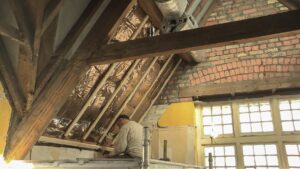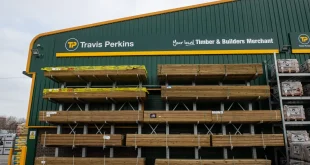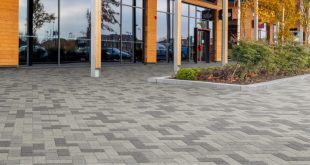Insulation specialist Actis has welcomed Boris Johnson’s plan to ‘build, build, build’ – but says the refurbishment options put forward must be carried out in a thermally efficient way.
The PM’s announcement this week included confirmation of a £12 billion investment in building 180,000 affordable homes over the next eight years.

“This is an opportunity not only to help ease the current housing crisis, but also, of course to secure jobs and livelihoods in the wake of the devastation wrought by coronavirus,” said Actis UK and Ireland sales director Mark Cooper.
“Getting the country building again is, of course, extremely welcome. But what we do need to ensure is that this is carried out in a sustainable manner. We mustn’t allow a sense of urgency to get in the way of the longer-term importance of getting it right. These homes must be built in a thermally efficient way. We have the technology and the ability to do this.
“Timber frame construction is around 20 per cent faster than traditional brick and block. In addition, installing Actis Hybrid insulation products, which can be done offsite, is easier, quicker and cleaner than many alternatives and can be carried out by less experienced workers. This frees up time for highly skilled tradespeople to work on more complex aspects of the build – essential in times of skills shortages.”
Plans to fast track the planning process to enable unused commercial buildings to be converted to residential properties, while an excellent way in theory to combat the housing shortage, are more of a concern to Actis.
“With no planning application required we need a mechanism to determine whether building regulations are being adhered to. As well as the impact on the planet of producing accommodation which leaches heat, there is the economic impact on households.
“The fabric first approach must be adopted. We all know that without a sound structure there will be thermal leakages. Actis Hybrid products are popular in refurb scenarios as well as new builds because they can eliminate thermal bridging. This is because of their ability to be squeezed into irregular gaps and round corners – something which is physically not possible with solid insulation.
“It is excellent news that the government wants to get Britain building again and provide much needed homes and jobs. What we need is some clear guidance on how to do this in a thermally efficient manner.”
 Builders Merchants Journal – BMJ Publishing to Builders Merchants and the UK merchanting industry for more than 95 years
Builders Merchants Journal – BMJ Publishing to Builders Merchants and the UK merchanting industry for more than 95 years



